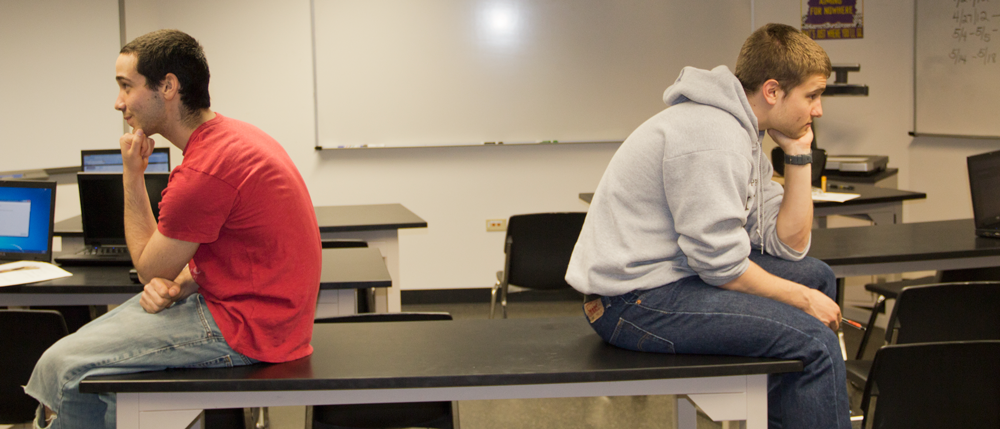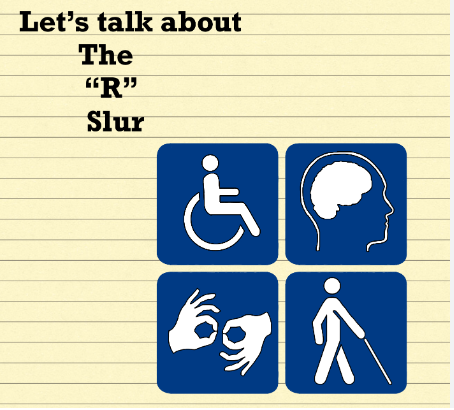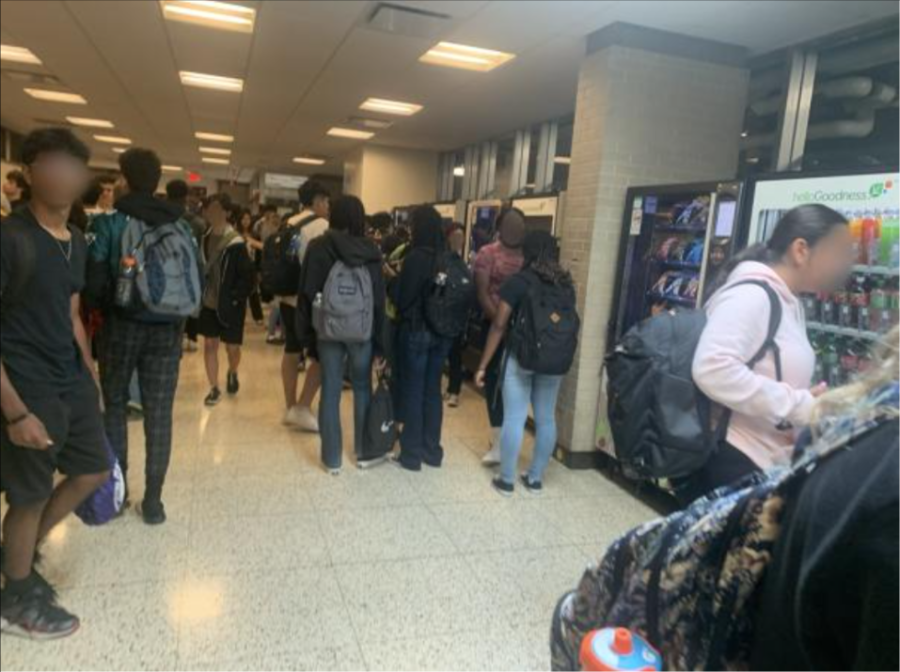During Spring Break, most Niles North seniors awaited word from the colleges and universities to which they applied. April 1 was the date when universities would send a response letter to the students – be it an acceptance, denial or wait-list. However, a select number of students were not awaiting that letter; they chose not to attend a school, and to take a year off between high school and college.
A December post in The Choice, a blog about the college admissions process that runs in the New York Times online, discussed the benefits that high school graduates may receive by taking a gap year. The post, titled As Jan. 1 Application Deadline Nears, an Argument for a Yearlong Breather, was written by Robert Clagett, a former dean of admissions at Middlebury College and former senior admissions counselor at Harvard College. Clagett argues that “[the college admissions process] can frequently seem as if where we go to college is more important than what we actually do with the opportunity once we get there.” He continues his point saying that a new trend has come along with more and more high school seniors choosing to take a gap year instead of going straight to college. “It is by no means a new idea […] [but] gradually… more and more students are stepping off the educational treadmill, pursuing interests, talents or jobs for reasons other than just helping them get into their college of choice, and reminding themselves in the process of what their education is really about,” Clagett says. He notes that students who take a gap year “bring more to their college experience,” because they went through this unique path. Students are more likely to go into college with a matured outlook and knowing exactly what studies they want to pursue.
Clagett ends his article by encouraging high school seniors to consider taking a year off. He says that these students still go through the general admissions process, but then defer for a year. On deferring, Clagett says “as long as those students are proposing something worthwhile for their year off, most colleges are open to approving these requests, since they realize it can only lead to a more focused and mature student body.”
I decided to ask around the senior class and find out who chose to take this path rather than going straight to school. Two students, Elan Ness-Cohn and Yoni Segev, will attend a program in Israel next year called Workshop. Run through Habonim Dror, a Zionist youth movement, Workshop focuses on teaching young adults how to work effectively together and make decisions in large groups. Half of the year, the group of post high schoolers live together on a kibbutz in northern Israel while participating in Hebrew classes and informal educational seminars. For the second half of the year, the group is split up into two smaller groups and live together in a house in an urban city. The groups volunteer with the local schools and also teach English to immigrants. “I decided to take a gap year and go to Workshop because I see it as an opportunity to gain [life] experiences full of personal growth and discovery,” Ness-Cohn says.
Segev agrees with this opinion, and also does not want to have regrets later in his life. “In 20 years, I won’t regret taking a gap year, but also, I won’t look back and regret not going directly to college,” Segev said.
Senior Charlie Landsman decided he was not ready for college and signed up for the AmeriCorps, a government run volunteer program. Landsman plans on volunteering with Habitat for Humanity, where he will be trained to build houses and other structures for communities around the country. “I chose to not go to college right away because I don’t feel ready,” said Landsman. “I don’t know if I would be apply myself [to my studies] if I went straight to college.” Landsman embraces the idea of not going directly to college, and feels that volunteering with Habitat for Humanity will help him grow as a person. “Taking a gap year, and specifically volunteering with Habitat for Humanity, I feel that my time off will be constructive for me and expand my concept of the world while I decide that next steps of my life”.
On the other hand, students who chose to go directly to college vary in their responses. For senior James Gilbert, who was accepted to the University of Wisconsin-Madison and the University of Illinois in Champaign, taking a break from high school to college never crossed his mind. “For me, I never really thought about taking a gap year; I did not include taking a year off in planning for my future,” Gilbert said.
Warren D’Souza thinks that taking a gap year would be unproductive for him. I don’t see anything productive coming out of a gap year. Especially since the job market is weak, I feel that it is more important to focus on my career and get a job as soon as I can,” said D’Souza, who is deciding between Drake University and St. John’s University to attend in the fall.
While few students are choosing to take a break before college, taking a gap year is a trend on the rise for high school seniors. Gap years are practically the norm in Europe, according to Clagett. Gap years are not for everyone, but seniors should realize the benefits and rewards of taking a year off to discover oneself.














